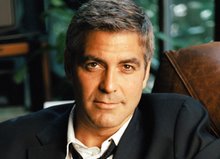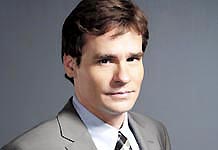"It is 1905 in Berne, Switzerland. A young patent clerk has been dreaming marvelous dreams about the nature of time. He is Albert Einstein and he has almost finished his special theory of relativity. What were his dreams like those last pivotal few months? Here, in this extraordinary and highly acclaimed work by physicist Alan Lightman, thirty fables conjure up as many theoretical realms of time, dreamt in as many nights." ( taken from http://www.twbookmark.com/books/92/0446670111/ and also the book cover I believe))
I read this book to my grade twelve physics students at the beginning of each class. Some classes really enjoy it and ask for a story every day, and some classes just don't get it. This is the idea I am most likely to be remembered about when I meet students: 'You read that weird book about time to us.' I also like to show some students that physcis doesn't have to be just theory and formulas. It can be fiction and poetry and philosophy.
" ...the theme that unifies these varied worlds, [is that] people are almost uniformly unhappy. Mr. Lightman seems to have adopted the anthropic principle--which states that: We may occupy a preferred place or preferred time in the Universe (we may also occupy a preferred universe)--at least for purposes of this book. It's hard to come to any other conclusion but that he thinks we live in a universe where the laws that govern time are structured in such a manner that they maximize human happiness and/or achievement. This makes the book ultimately uplifting, though many of the stories within are ineffably sad." (a review at the Brothers Judd )
I was glad to read this, because often the comment after a chapter is 'How sad. Or that was depressing.' But it really isn't. They also don't realize I use this as a classroom management technique. Each chapter is very short and I start it at the beginning of class. Latecomers have to enter quietly and sit right down, no talking because I am reading. When I finish the chapter, everyone is seated and, hopefully, ready to begin. It's so sneaky!
For people who haven't heard the outline of the book, there can be a stunned silence - What was that?
"Almost every world describes a person or a class of people that we encounter in our daily lives. In seeing how and why these fictional people act, we can't help but to examine our own behaviors in our "real" world. " ( from Idris Hsi's home page)
This is the part of the book that I like, that connects physics to philosophy. Because as I am reading, I often see somethng new in a chapter, a facet of life that I recognize, how we live and react to the world. For example, in the world where there is no future, people cannot plan for the future because they cannot envision a future. This is like babies, who have no sense of later, only now. It's why the hiccups don't bother babies, because they don't know that another hiccup is coming. Each one is an individual event.
And apparently, this book has been turned into the musical? Now that would be interesting.






